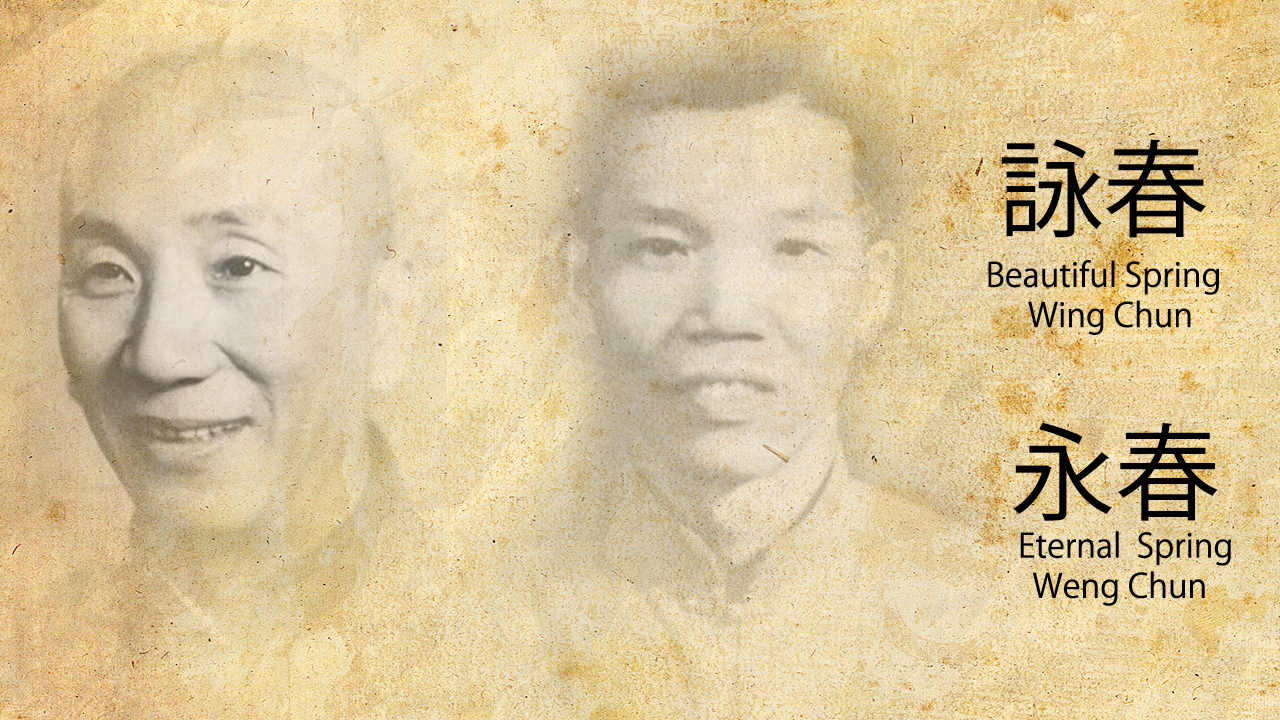Author Archives: admin
The true Origins of Wing Chun (Part 2)
And here it is Part 2 on the origins of Wing Chun.
Part 1 was well received and I am happy about that.
By sharing this video you are helping to preserve a piece of Chinese Culture and art,our beloved Wing Chun system in my opinion its important to realize where we are coming from in order to know where we are going.
Enjoy!
The True Origins of Wing Chun (Part 1)
Here the latest video on My Channel and one of the most important ones I ever filmed.
Its part 1 of a series on the origins of Wing Chun enjoy and please share to spread the word!
An in-depth explanation of Wing Chun’s Basic Stance (Part 2)
And here it is like promised, part 2 of the in-depth explanation of Wing Chun’s basic stance.
Hope that people not only realize that the Goat Clamping explanation came out of confusion in the past but that people will actually start to teach the explanations from the original Kuen Kuits from before the Siu Nim Tau’s 1854 split into three sets.
Like Bruce lee said “Knowing is not enough we must apply“.
An in-depth explanation of Wing Chun’s Basic Stance (Part 1)
Enjoy the latest video on the Wing Chun Kung Fu channel by Sifu Sergio.
This time Sifu Sergio explains in-depth Wing Chun’s Basic Stance.
Enjoy!
IWKA Wing Tjun Instructeur Seminar in Spain
Enjoy this video shot at my recent instructeur seminar in Madrid Spain where I taught my IWKA Wing Tjun System. Even some Breakdance was taught as you can see at the end of the video.
Are “Wing Chun” and “Weng Chun” closely related sister arts?
Received some questions if I want to make clear the difference between Eternal Spring – known mainly in the west as “Weng Chun” – and Beautiful Spring – known mostly as “Wing Chun” and many other spellings.
Is there a difference?
YES there is if we go far enough back there clearly is a difference.
Although they are very clearly sister arts, “Weng Chun” clearly was developed with Fujian White Crane as its main source and “Wing Chun” was developed by a fusion of Fujian White Crane and Emei.
What makes all of this confusing is that in History the name eternal spring “Weng Chun” was also used by some Wing Chun families (please keep in mind we are talking about the Chinese characters here) even the late GM Ip Man used Eternal spring for a period of time as his Sifu Chan Wha Sun was from the Eternal spring Lineage.
The reason some not so educated people think that “Weng Chun” stems from Hung Gar is because some of the families during the course of History introduced some Hung Kuen moves in the later added forms.
One only has to study the original Kuen Kuits to see the facts and truth. Fou-Float, Cham-Sink, Tan-Swallow, To-Spit are crucial main concepts in Fujian White Crane as well as “Weng Chun” to name a very small example.
The late GM Ip Man fused some “Wing Chun” and “Weng Chun” together in his system taking info from Dai Dak Lan and so did some others before him in Fatshan’s Yuen Wo, making the matter even more confusing.
In the near future I will release a video on my Sifu Sergio Channel about this subject.
Yours in Wing Chun
Sifu Sergio
PS: By the way, I realize that in the past when my research was still ongoing I had a slightly different viewpoint on the subject. See one of my first articles in Wing Chun Illustrated Magazine. That’s what a real researcher encounters during his voyage to the truth as more and more hard facts reveal themselves the opinion has to change for otherwise he would not be a real researcher.
The Rebounding Force
Enjoy this small video about the rebounding force demonstrated by Sifu Sergio during a class at the IWKA Amsterdam European HQ.
Is Ip Man Wing Chun really a Pure Lineage?
This in my opinion is one of the most important videos I filmed to date.
I had to get this out of my system.
Hope this will wake some people up.
Enjoy!
Yours in Wing Chun
Sifu Sergio
Key Info on the Siu Nim Tau form
One of the keys of the Siu Nim Tau form and by that I mean the first version of the form which was created in the mid 1700’s by fusing the Emei system and the Fujian White Crane system is the total relaxation of the body.
By that i mean getting rid of all unnecessary tension without collapsing the body.


